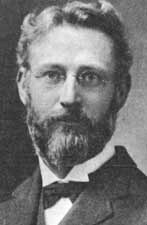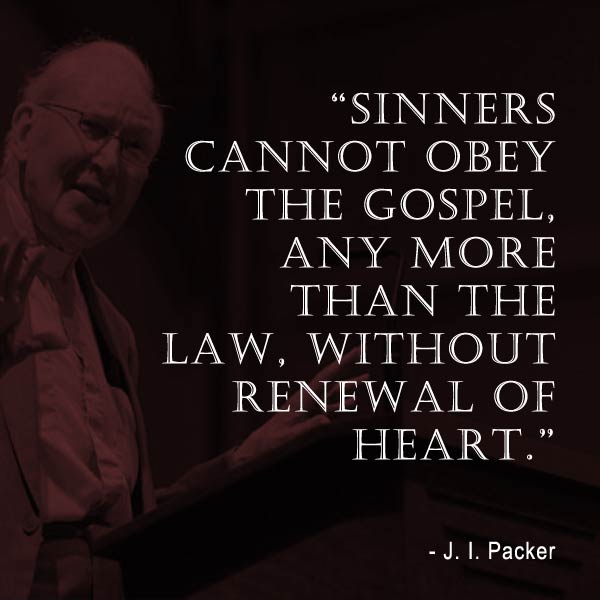Does Predestination Mean Human Beings Do Not Have a Choice?
No, man has a will and he makes voluntary choices. But, being fallen, when he hears the gospel he makes the wrong choice. He loves darkness too much, he hates the light and will not come into the light lest his deeds be exposed (John 3:19-20). He neither understands nor wants to understand because he thinks Jesus Christ is foolish (1 Cor 2:14) So if he is to see and enter the kingdom he must be born again (John 3:3-8). As Augustine said, "to will is of nature, but to will aright is of grace."
So predestination does not coerce anyone to sin and does not hold people back from life against their will. In it God reveals His affections to multitude of ill-deserving sinners and sets them aside for Himself in Christ, purchases them with His own blood and gathers them up through the gospel, which He germinates by His Holy Spirit in the hearts of His elect. Not because they are more righteous, but because of his sheer mercy. The rest He leaves to their own boasted "free will" which is really not free at all because they are willfully captive to sin and will not come to Him for life.
Thus predestination is an act of mercy whereby in Christ God saves a multitude of sinners who would otherwise certainly be lost. Left to ourselves, we would all be without hope to be saved.

 by John Calvin
by John Calvin by Geerhardus Vos
by Geerhardus Vos by Sinclair B. Ferguson
by Sinclair B. Ferguson “But they have not all obeyed the gospel. For Isaiah says, ‘Lord, who has believed what he has heard from us?'” (Rom 10:16).
“But they have not all obeyed the gospel. For Isaiah says, ‘Lord, who has believed what he has heard from us?'” (Rom 10:16).